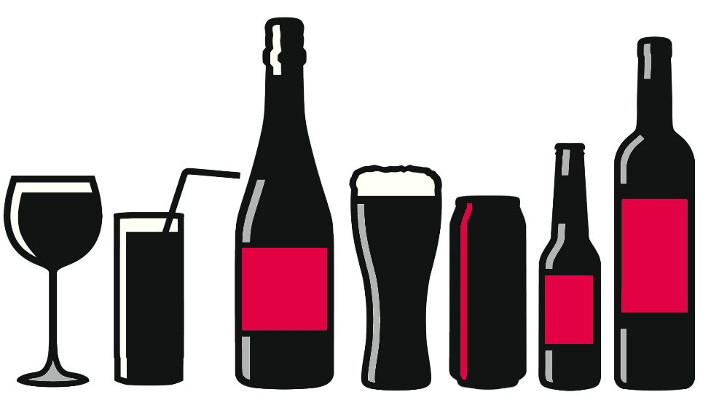Many men and women who are dependent upon drugs or alcohol to get them through their day will at some stage realise that professional help is needed.
While this help is available in a variety of guises, it is felt that an initial inpatient stay at a respected rehabilitation establishment is an extremely positive way to begin any recovery process.
We will explain what to expect and break this into two sections:
Facilities:
A respected inpatient rehab establishment will have been constructed and designed with healing in mind.
There will be comfortable, private accommodation with necessary facilities such as a bathroom, perhaps a small kitchenette, bed, seating, air-conditioning where required and often a private outside area with table and chair for relaxation and reflection.
The grounds will be part-landscaped gardens with other sections of natural habitat. These relaxing outdoor areas will offer additional reflection areas for those who wish to be alone as well as communal areas where socialising with other clients is encouraged.
A swimming pool is a common addition as is a fitness area with equipment. Then there may well be a yoga and/or meditation room along with massage facilities and therapy rooms.
The communal dining facilities will be set aside where 3-set meals each day will be served. Recovering from addiction requires routine. Set, communal meals are one of the small considerations that add to others in terms of the greater good of such a routine.
Treatment:
- Therapy and counselling: It is recognized that everyone has their own individual needs. To this extent a personal counsellor will be allocated. It is expected that a healthy rapport be quickly established and in-depth discussions on a client’s history and the reasons they are unable to stop substance abuse understood.
- Individually tailored: From these frank, open discussions with your counsellor a recovery plan will be agreed and put into place.
- Group sessions: This is where clients staying together will discuss their current dependence issues and experiences.
- Mindfulness sessions: These sessions are vital to help calm and relax a client
- Fitness regimen: It is important to keep active. A daily fitness/exercise program will be put in place that is also tailored to the level of the client’s abilities.
- “Homework”: Many establishments have working booklets with exercises that need completing either individually or as a group.
- Progression update: During these sessions progress will be reviewed and new goals set. The intention is to leave behind those habits that are causing addiction.
- Relapse prevention: These sessions are vital. They will help a client understand what personal triggers are responsible for potential relapse. How to identify them quickly and how to avoid them. Situations that cause a relapse come in many forms.
- Weekly excursions: This is something all clients look forward to. A trip to the local sights, markets or an adventurous day out happens on a weekly basis. This is not only fun and interesting, it also builds a strong camaraderie with others fighting to leave their addiction behind.
- Aftercare: This is another vital part of the healing process and aftercare options will be discussed and agreed before a client leaves the establishment.
A glimpse from the outside of inpatient treatment:
The above is just a snapshot of what is offered. Hopefully it is enough for those currently suffering from substance dependence to delve deeper in search of recovery.














